|
Public spaces in cities are usually built to represent governments. Nevertheless, they’re often appropriated by citizens to become sites of protest. This has been seen countless times in history, and it’s a reality that’s playing out today in Sudan. Protesters whose mass demonstrations helped bring about regime change in early April have turned the area around the Ministry of Defence’s headquarters in Khartoum into a vibrant public space. Amira Osman explains the significance of the site.
China’s relationship with a growing number of African countries has deepened significantly in recent times. So it’s not surprising that this has become an ever-expanding topic for both the media and researchers. But, as Yu-Shan Wu writes, the accuracy of work being done, particularly in terms of reportage, leaves a great deal to be desired.
|

Meals are prepared for protesters at Khartoum’s military headquarters.
EPA-EFE/STRINGER
Amira Osman, Tshwane University of Technology
Urban public spaces may be built to represent governments, but often become sites of protest.
|
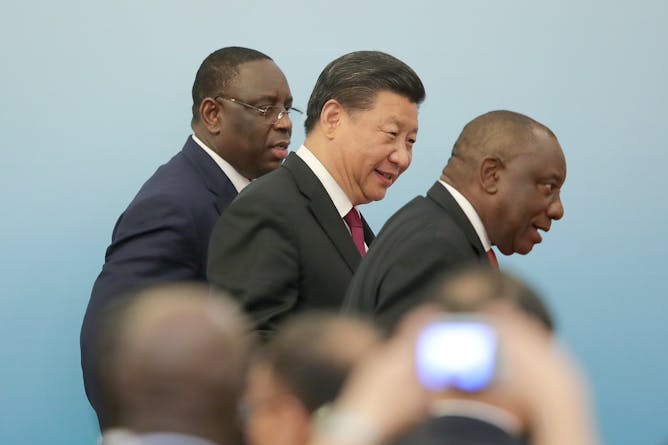
Media houses should better equip their journalists to cover the complex relationship between China and Africa.
Lintao Zhang/EPA
Yu-Shan Wu, University of the Witwatersrand
Individual relationships between China and particular African countries differ a great deal.
|
Education
|
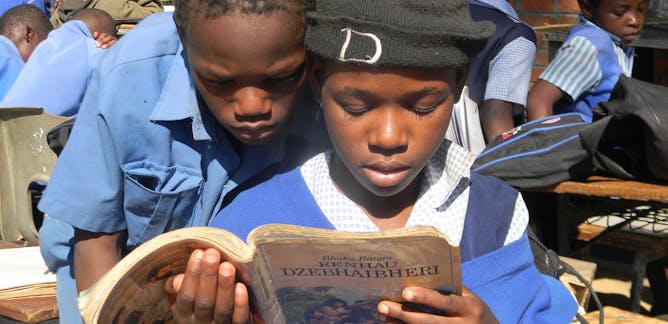
H. Ekkehard Wolff, University of Leipzig
The International Year of Indigenous Languages serves as a good impetus to start implementing policies that prioritises Africa's own languages.
| |
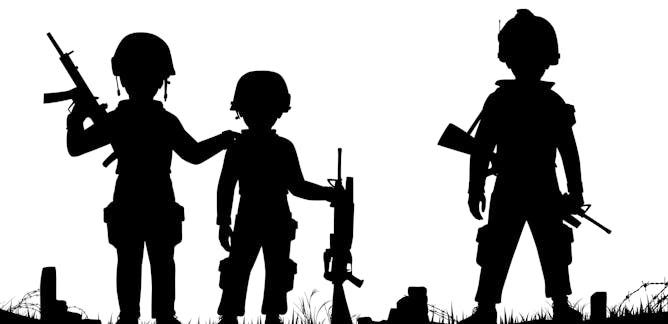
Komlan Agbedahin, University of the Free State
The skills that former child soldiers gain in wartime can be useful as they reintegrate into society.
|
|
|
From our international editions
|
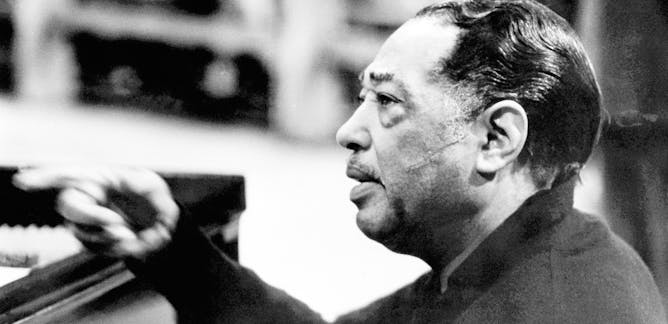
Michelle R. Scott, University of Maryland, Baltimore County; Earl Brooks, University of Maryland, Baltimore County
From spirituals about the trials of slavery to the fight for civil rights and the modern rhythms of swing music, Duke Ellington told a story about black life that was both beautiful and complex.
| |
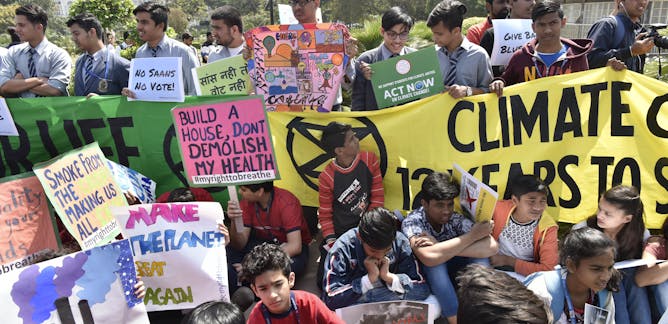
Nicholas Beuret, University of Essex
Never mind the future – rich countries have already benefited from climate change, while poor countries have suffered dramatic economic losses.
|
|
|
En français
|

Christian Bromberger, Aix-Marseille Université (AMU)
Diversifier les origines des candidats ne suffira pas à les doter d’une vision plus réaliste de la société. Et si on leur permettait de mener des enquêtes de terrain, comme des ethnologues ?
| |
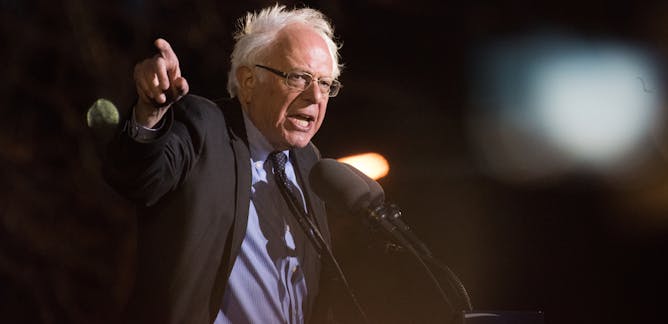
Éric Pichet, Kedge Business School
Pour réduire les inégalités, les élus américains du Parti démocrate veulent mobiliser cet outil fiscal qui a été progressivement abandonné ces dernières années dans les pays européens.
|
|
|